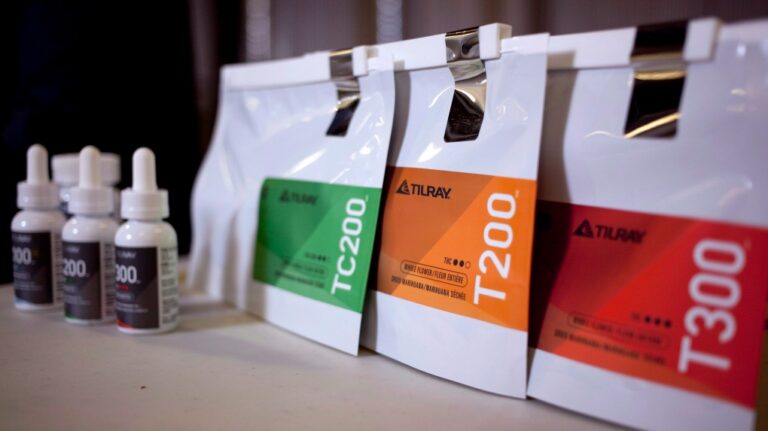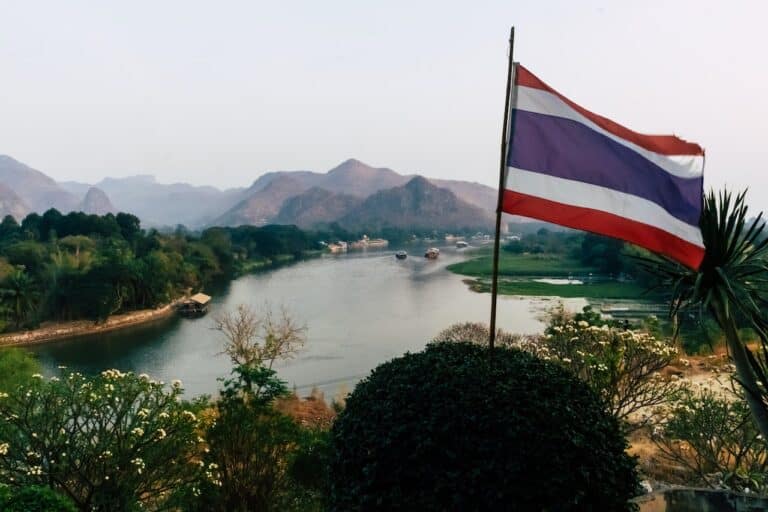According to a new analysis, Thailand is on track to compete in the developing Asian medicinal cannabis and hemp markets, but complete commercialization of the industry and open access for private firms are unlikely to be enacted until 2024.
According to the report by Vienna-based Cannabis Catalysts, the country’s medicinal cannabis market is distinguished by great potential, quick regulatory developments, and a sizable degree of protectionism.
However, there are compelling reasons for enterprises interested in the Asian cannabis market to expand to Thailand.
Cannabis catalysts predicts that by 2024, the wholesale medicinal cannabis industry in the southeast asian nation may be worth between $46 million and $312 million, depending on a variety of variables.
The research predicts that medical cannabis tourism will be worth $60 million by 2024.
The value of medical cannabis exports is estimated to be around $618 million.
The value of the cannabis-related industries might range from $808 million to $1 billion.
However, the report is sober, emphasizing that just a small number of patients are already participating and that the business as a whole is still in its infancy.
“while the fundamental outline of the cannabis legislation was released soon after the resolution, there have not yet been any regulatory details. Numerous elements of the legal process.
“This postpones the development of adequate supply infrastructure. The demand for therapy is relatively great, in contrast to the current lack of cannabis for medical purposes.
A vote on an amendment that would permit the general population to cultivate up to six plants for their own medical purposes is anticipated soon.
Private companies, particularly those held by foreigners, rarely participate.
According to the report, “Private entities can only collaborate with and operate under the permission of an institution that is under the supervision of the government, which includes ministries, state agencies, colleges, and hospitals. Additionally, in order to work with a license holder, a company must be registered in Thailand and controlled by Thai nationals to at least a 2/3 degree.
Although private businesses are not among the categories permitted to have licenses, this does not mean they are not authorized to participate in the market.
The report states that “private enterprises who want to grow cannabis must cooperate with and operate under a license from one of the permitted entities. A Thai national must make up at least 2/3 of the board of directors, partners, or shareholders, and the company must be established under Thai law.
According to the Cannabis Catalysts research, the Thai government is taking “a protective step” to shield its state-owned investments from major international companies.
The 442 medical marijuana licenses that Thailand’s health authorities have so far granted include:
- Distribution is the focus of 416.
- 12 have received recognition for cultivation.
- 14 were approved for extraction and processing.
- There are 38 medical disorders that can be treated with cannabis. Epilepsy, multiple sclerosis, and illnesses associated with chemotherapy are three of the most serious conditions for which medical cannabis therapy is accepted.





